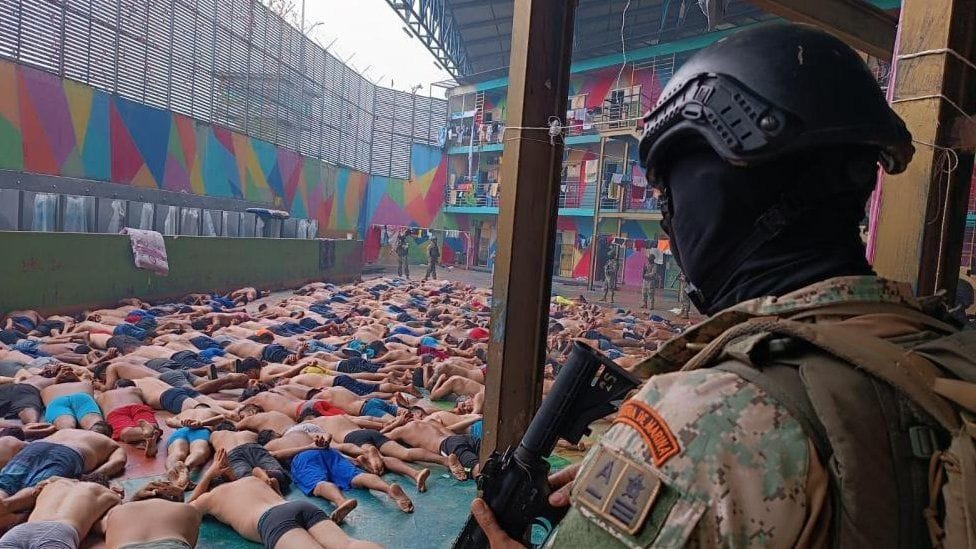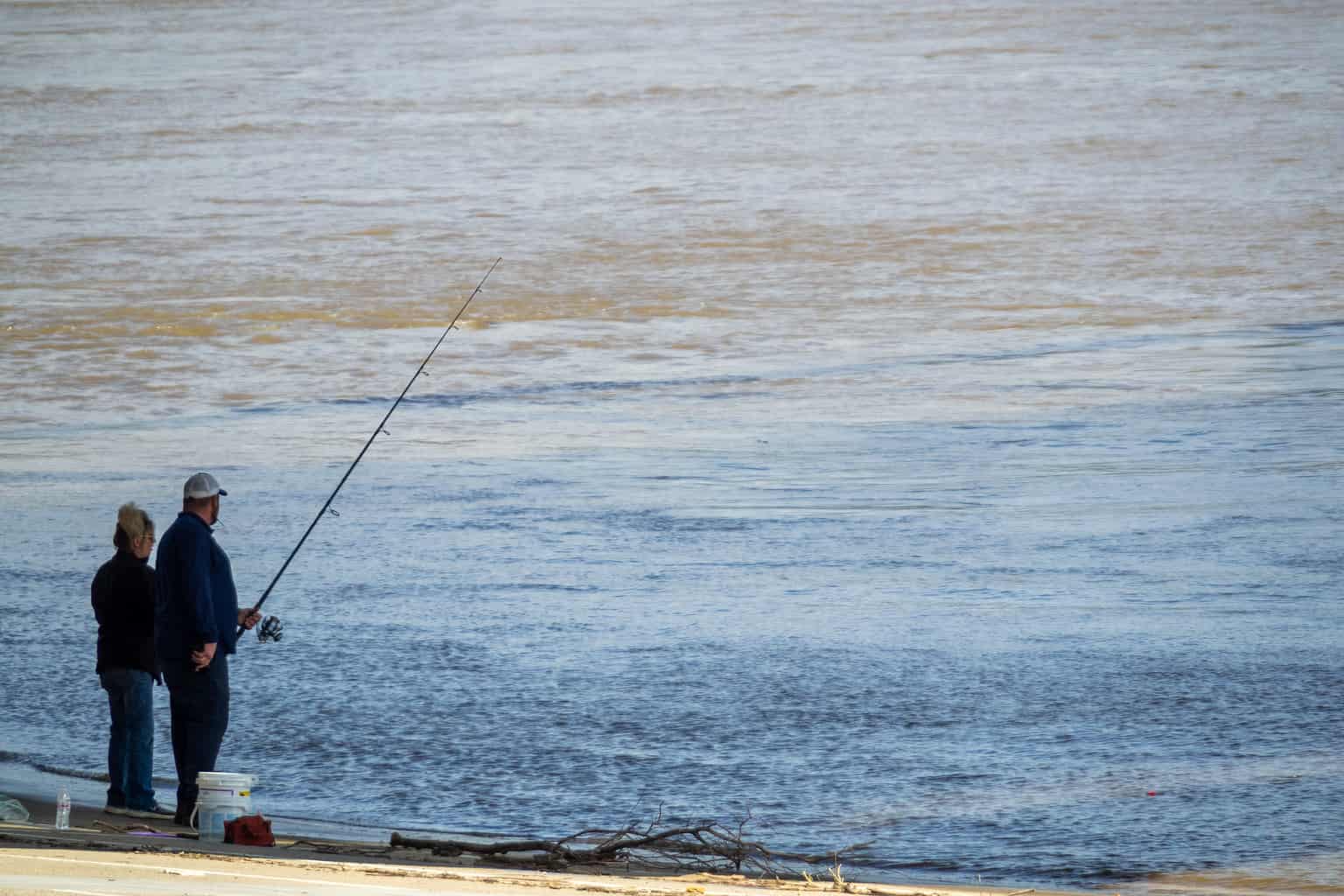In a significant development regarding the safety of children in Ecuador, the government has announced the detention of 16 soldiers implicated in the mysterious disappearance of four minors. This case has captured national attention and raised serious questions about military involvement in civilian affairs, particularly concerning the welfare of children.
The disappearances occurred in a region known for its complex socio-political landscape, where issues of security and governance are often intertwined. The four children, whose ages and identities have not been disclosed, were reported missing under circumstances that have alarmed local communities. Families and advocacy groups have expressed their outrage and concern, demanding accountability and transparency from the authorities.
Ecuador’s Minister of Defense addressed the media, confirming that the soldiers were taken into custody as part of a broader investigation into the circumstances surrounding the children’s disappearance. The minister emphasized the government’s commitment to upholding human rights and ensuring that those responsible for any wrongdoing are held accountable. This statement reflects a growing public demand for justice and a transparent inquiry into the actions of the military.
The decision to detain the soldiers comes amid increasing scrutiny of military operations in civilian areas. Human rights organizations have long criticized the military’s involvement in domestic issues, arguing that it can lead to abuses and violations of rights. In this case, the involvement of the military has raised alarms about the safety of children and the potential for misconduct.
As the investigation unfolds, authorities are expected to gather evidence and testimonies from various sources. The military has stated that it will cooperate fully with the investigation, and military officials have expressed their willingness to provide any necessary documentation or information that may assist in resolving the case. The soldiers’ detention will likely serve as a critical step in understanding the full scope of the situation and determining the appropriate legal actions to take.
Families of the missing children have been vocal in their demands for justice. They have organized protests and vigils, calling for the government to take swift action and ensure the safe return of their loved ones. The emotional toll on these families is profound, as they grapple with the uncertainty surrounding the fate of their children. Community support has been vital during this distressing time, with many citizens rallying to raise awareness and pressure the government to act.
The case has also sparked discussions about the broader implications of military involvement in civilian matters. Critics argue that the military should focus on national defense and security rather than engaging in operations that can lead to civilian harm. Advocates for children’s rights have called for a reevaluation of military policies and their impact on vulnerable populations, particularly minors.
International observers are closely monitoring the situation, as the case highlights critical issues of governance, human rights, and the protection of children in conflict-affected areas. The involvement of the military in civilian affairs is a contentious issue in many countries, and Ecuador’s case may serve as a catalyst for broader discussions about military reform and accountability.
As the investigation progresses, the government has promised to keep the public informed about developments. Transparency will be essential in restoring public trust and ensuring that justice is served. The families of the missing children deserve answers, and the government must demonstrate its commitment to upholding the rule of law and protecting its most vulnerable citizens.
In conclusion, the detention of 16 soldiers in connection with the disappearance of four children marks a significant moment in Ecuador’s ongoing struggle for justice and accountability. The case serves as a reminder of the importance of safeguarding the rights of children and the need for comprehensive oversight of military actions in civilian contexts. As the investigation unfolds, the hope remains that the truth will emerge, and the missing children will be found safe.

